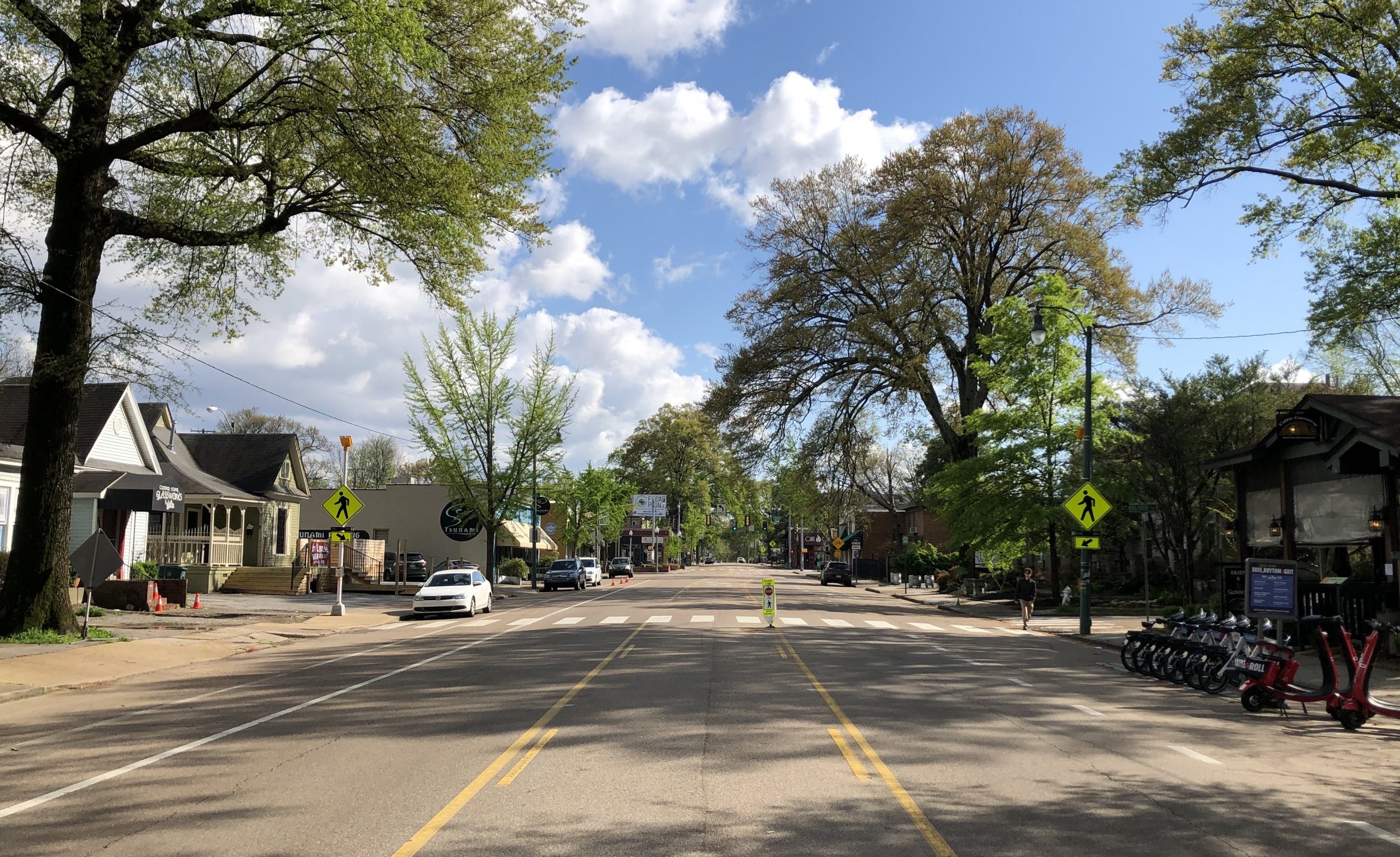While Congress works on more relief money, a report from Alignable and (casual) correspondence with local business owners reveal heartbreaking and potentially devastating challenges with the federal stimulus package
“I spent over a week trying to get my application through online, and I still didn’t get in,” said one restaurant owner.
“We’ve been waiting the almost entire two weeks for a response from our bank about our application, but we haven’t heard back,” said another.
“I got my application in, got a confirmation, but the follow-up email days later for the documents download went to junk mail!”
And then, the money ran out.
Last week, Wednesday April 15 – the traditional tax deadline day, no less – the $349 billion earmarked in the CARES Act to assist “small” businesses limp through the pandemic shutdown was exhausted, spent or otherwise accounted for with applications and confirmations.
Worse still… large percentages of the original $349 billion went to chain restaurants that took advantage of one qualifying section in the stimulus bill.
But based on an informal and purely anecdotal survey of local business owners in Midtown and Downtown, StoryBoard and MidtownMemphis.org found that most have not seen a dime. This follows and echoes the poll results released last Friday by Alignable.com – the growing online small-business network – that revealed that as of last Friday not even 20% of business owners had seen their relief funds.
Said Alignable last week: “For the business owners who got in under the wire, 70% are in a state of limbo wondering whether or not their applications will be accepted and 15% are waiting for the funds to arrive.”

This at a moment when timing is critical. “We have 25,000 people here (in Memphis) in the restaurant business,” said Patrick Reilly last week to StoryBoard. “Every day is a day’s lost wages for people who work paycheck to paycheck, who need that paycheck to go buy groceries.”
Worse still are the reports that large percentages of the original $349 billion went not to small, family-owned restaurants, but to chain restaurants that took advantage of one qualifying section in the stimulus bill. The bill limited stimulus moneys to businesses of less than 500 employees (hardly what we’d qualify as ‘small’). But the damaging provision in the bill that allowed “Business Concerns With More Than 1 Physical Location” that were classified by industry with a “code beginning with 72” – a direct reference to the hotel and restaurant industry – opened the relief door to profit- and shareholder-rich chains like McDonald’s.
To paraphrase a couple of restauranteurs we spoke to: “That’s just bullshit.”
Relationships, Expertise, Persistence are keys
For those successful in receiving help, the following takeaways and tips have been clear. Critical to successful relief are the businesses’ relationships with local banks, local banks’ in-house expertise in navigating the Small Business Administration landscape, and the in-house expertise that small businesses have with their accountants, business administrators and contractors who are both tech-savvy and persistent in following up on applications and bank calls, navigating websites, reading the fine print, etc. etc.
It’s like another full-time job. To paraphrase again, “Thank God I don’t have school-age kids.” And, “I’ve been trying to man the kitchen and keep up with pick-up orders to stay afloat – I’m not set up for this. And the application process is a cluster-f—k.”
MORE $$, and HELP, COMING?
More hope – and hopefully, more local money – is on the way. Just this morning Senator Chuck Schumer reported that he is confident that a new stimulus package will be passed this afternoon. The bill being written over the last 48 hours, Schumer said to CNN, includes moneys to those “without a good banking connection, the restaurants, nail salons, start-up businesses… we insisted that a chunk of the money be separate from the competition of the bigger companies… and we got $125 billion that will go exclusively to the ‘unbanked,’ the minorities, the rural areas and all those little mom and pop stores that don’t have a good banking connection to help.”
How it will work remains to be seen. But let’s hope that this time help truly goes toward local small business. What makes Memphis Memphis after all is certainly not the McDonald’s dotting the landscape up and down Poplar.
For added and timely help, Shelby County Mayor Lee Harris is teaming up with Greater Memphis Chamber CEO Beverly Robertson in holding four industry-specific seminars with a Virtual Summit (next Tuesday, April 28 from 9am to Noon) called Conducting Business in the Shadow of COVID-19.
BUY LOCAL, SAVE LOCAL!
The other message from businesses owners is clear: It’s always important to buy local, but now is the time you can help SAVE local. We couldn’t agree more.
Said another owner we spoke to: “We got a (home) mortage deferral, we aren’t taking any salary, and our store is paid off, so we’re ok. But we are now feeling the cash crunch.”
According to Alignable’s report last week, 98% of business owners are seeing 25% or greater impact on their businesses, and 44% of businesses have already closed their doors. “However,” the report said, “for those with closed doors, the vast majority are saying: ‘I’ll Be Back!’ That’s the #SmallBusinessStrong spirit.”
That is hopeful, and the same can be said about the Memphis, small-business spirit. But it requires all of us in Memphis to stick together. So please, set aside your Amazon-Prime accounts for the moment – if you buy online, go local only. And for Pete’s-sake, skip the McDonald’s drive-thru and call Huey’s.


